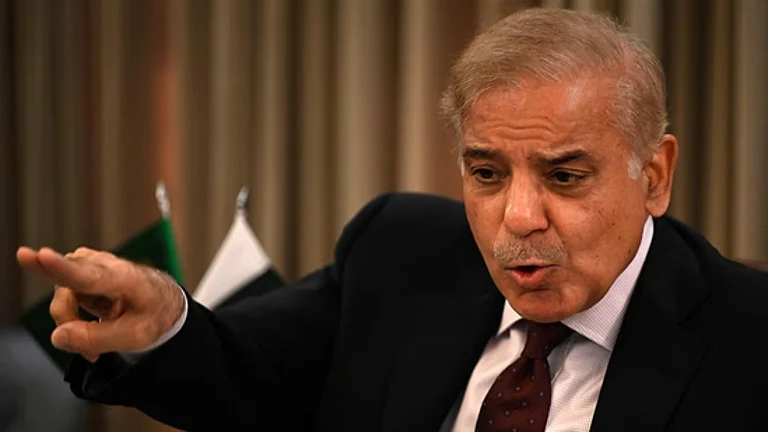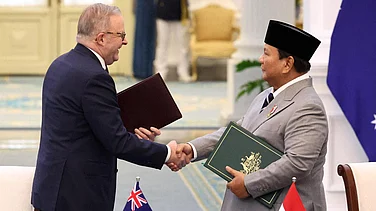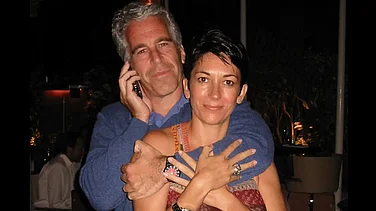127 million voters are all set to cast their votes on Februray 8 as Pakistan heads to the high-octane general elections tomorrow. The twelfth edition of the general election in the 76-year-old history of the nation is taking place at a time when the country is facing several adversities including economic meltdown, natural calamities, military takeovers, martial law, militancy and political unrest.
This time, forty-four political parties are contesting for a share of the 266 seats in the National Assembly, or the lower house of parliament, with an additional 70 seats reserved for women and minorities.
Here's a brief account of the electoral system in Pakistan
Pakistan is known to be a parliamentary democracy and voting will take place for seats in the federal legislature, called the National Assembly, and four provincial, or state legislatures.
Following the election, the new parliament will choose a prime minister. If no party wins an outright majority, then the one with the biggest share of assembly seats can form a coalition government.
127 million Pakistanis above the age of 18 out of a population of 241 million are eligible to vote.
It has been reported that the polling booths ill be open tomorrow from 9 a.m. to 5 p.m. (0400 GMT to 1200 GMT). However, the scheduled timing can be extended only in case of exceptional individual circumstances
Key challenges waiting for the new government
From rising militancy and inflation to strained diplomatic relations and role of the Army- the new government is expected to face a multitude of economic, socio-political and security challenges.
Surge in militancy
Pakistan in the last 18 months has witnessed a significant surge in militant attacks. Militants in recent times have carried out a string of high-profile attacks and returned to strongholds inside Pakistan.
Economic crisis, inflation
The newly formed government is expected to face the biggest adversity in the process of regaining the country's economic stability. The current short-term IMF bail-out is running out in March and the incoming administration has to, first and foremost, negotiate a new extended programme.
Strained diplomatic relations
Pakistan's border battle with Iran has worsened in the recent few weeks with a persistent mutual blame game over harbouring elements compromising each other's security. They have also executed targeted strikes to take out "terrorist hideouts" on each other's soils
Besides Iran, Pakistan's bilateral relations with India have seen no improvement.
The Army's role:
Roughly five years after the Pakistani Army allegedly threw its weight behind star cricketer-turned-politician Imran Khan, the former Prime Minister is in jail with several cases against him. Millions of his supporters have accused the military of targeting his party while backing Nawaz Sharif this time around.
All about the key candidates
Pakistan's political landscape is primarily dominated by three parties- the Pakistan Muslim League-Nawaz (PML-N), the Pakistan Tehreek-e-Insaf (PTI) and the Pakistan People’s Party (PPP).
This time, former cricketer and PTI leader Imran Khan, deposed as prime minister in 2022 and hit with multiple criminal convictions, cannot run as a candidate. Khan has been sentenced to 3, 10, 14 and 7 years of jail, to be served concurrently, and has more than 150 other legal cases pending against him. His party says it’s not getting a fair chance to campaign.
The top contender this year therefore are two former prime ministers, Nawaaz Sharif and and his younger brother Shehbaz Sharif. Nawaz Sharif, the Pakistan Muslim League-Nawaz (PML-N) supremo, is a heavyweight candidate and therefore is expected to secure victory and potentially become prime minister for the fourth time.
Besides, the PPP's Bilawal Bhutto-Zardari has a stronghold in the country’s south. However, the party is unlikely to get enough votes to get him the premiership, he could still be part of a Sharif-led coalition government.


























